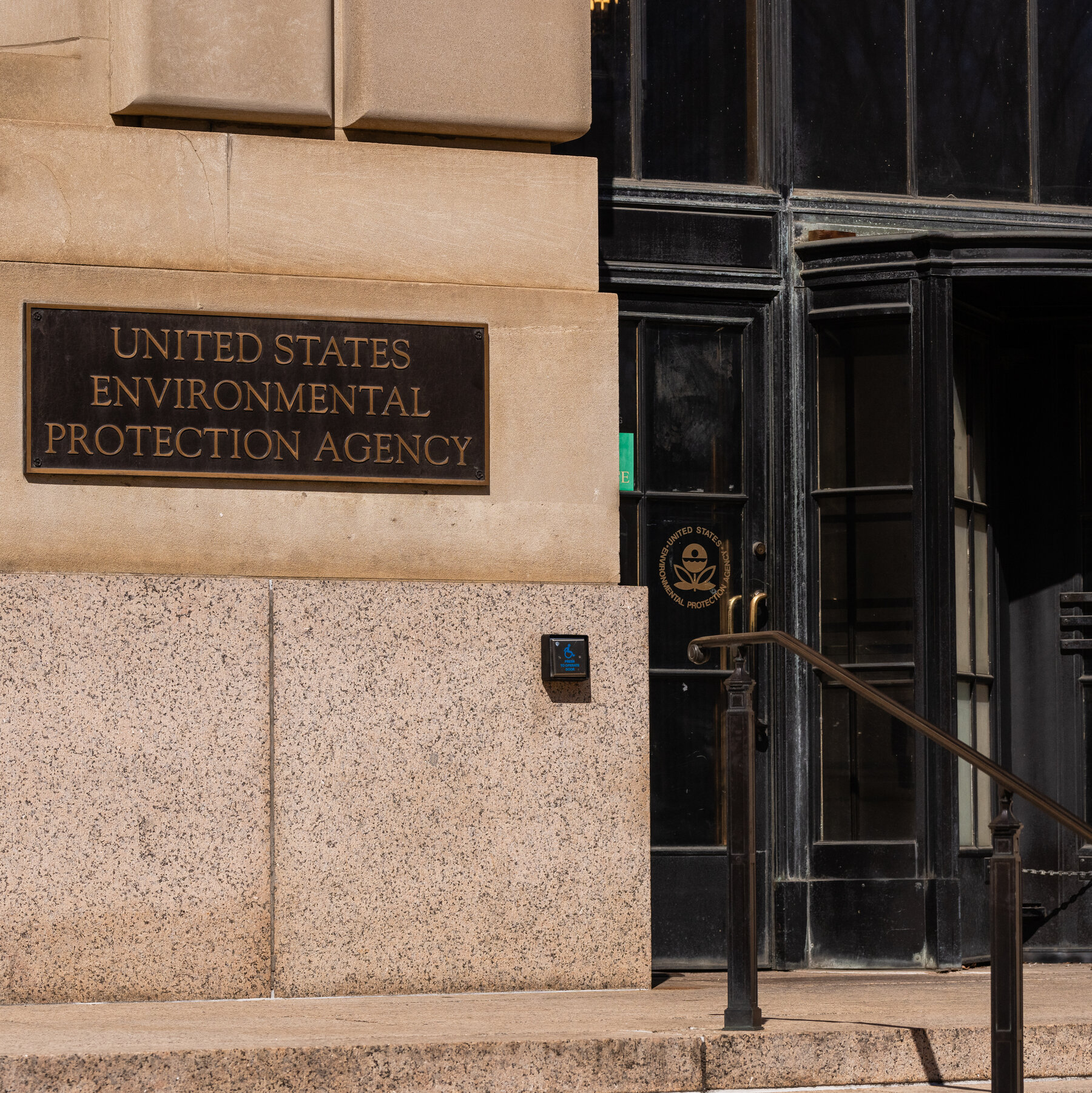What to Know About the Corruption Scandal Roiling Ukraine
Background
The state‑owned nuclear energy enterprise Energoatom has long been a cornerstone of Ukraine’s energy security. In early 2024, a series of whistle‑blower reports sparked a comprehensive audit that uncovered irregularities in contract awards, procurement processes, and the handling of foreign investments.
Key Figures
The investigation quickly expanded beyond the utility’s senior management to implicate several members of President Volodymyr Zelensky’s inner circle. Among those named are:
- Oleksiy Danilov – former chief of staff to the president, alleged to have facilitated back‑door deals.
- Yulia Tymoshenko (senior advisor) – accused of receiving undisclosed payments linked to a turbine‑supply contract.
- Andriy Yermak – head of the Office of the President, cited in documents showing interference in the appointment of Energoatom’s board members.
Legal Proceedings
The National Anti‑Corruption Bureau (NABU) launched a criminal case in March 2024, seizing financial records and freezing assets worth over ₴1.2 billion. Prosecutors allege that the suspects orchestrated a scheme to divert public funds into offshore accounts, benefitting both private contractors and political allies.
Political Fallout
Public outrage has intensified, with opposition parties demanding a full parliamentary inquiry. President Zelensky has pledged “zero tolerance” for corruption, but critics argue that the scandal exposes deeper systemic weaknesses within the administration. Recent polls show a 12 percentage‑point dip in the president’s approval rating.
International Implications
Western partners, including the European Union and the United States, have expressed concern over the potential impact on energy security and aid distribution. A spokesperson for the EU’s Eastern Partnership noted that “transparent governance is essential for continued financial assistance to Ukraine.” Meanwhile, NATO officials warned that internal instability could complicate ongoing defense collaborations.
What’s Next?
As the investigation proceeds, the following developments are expected:
- Further arrests of senior officials linked to the scheme.
- A parliamentary commission to review the governance of state‑owned enterprises.
- Potential revisions to Ukraine’s anti‑corruption legislation, aimed at strengthening oversight mechanisms.
For now, the scandal remains a litmus test for President Zelensky’s ability to confront corruption within his own ranks while steering the country through a precarious geopolitical landscape.






